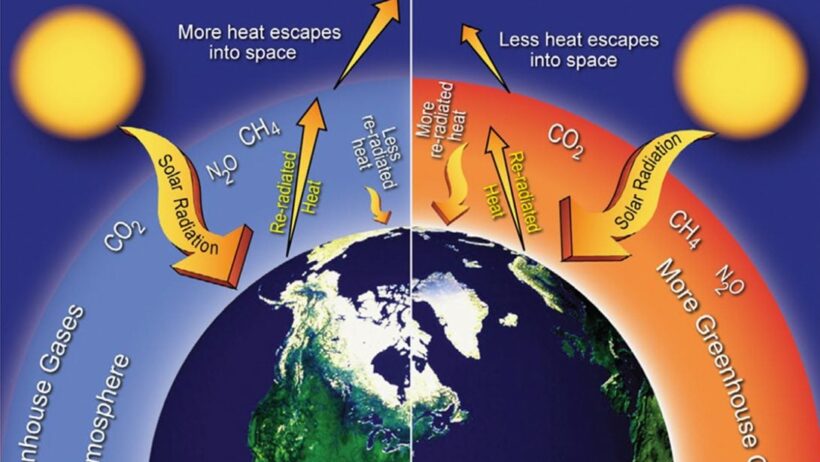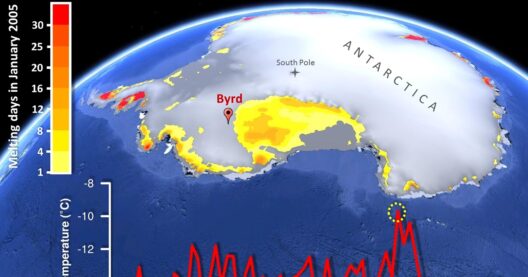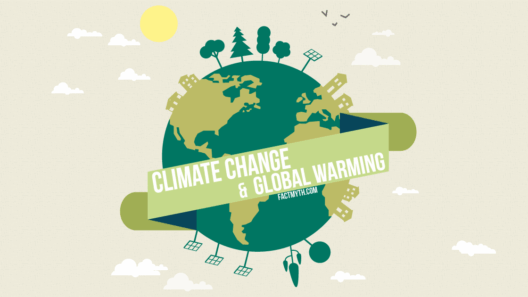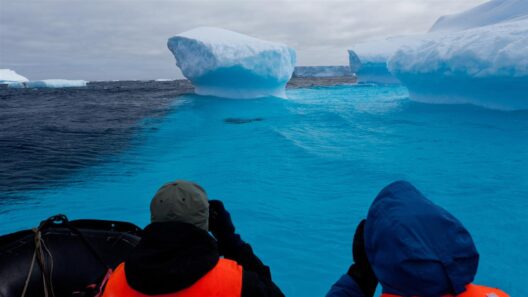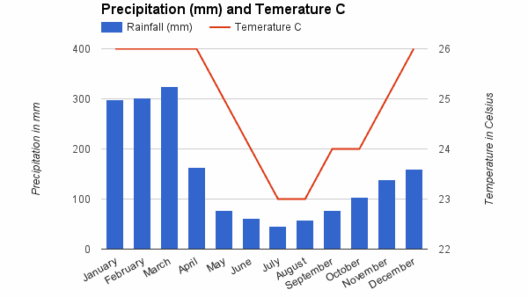Climate change is often misconstrued as merely an atmospheric anomaly—a gentle reshaping of weather patterns, an annoyance on weather forecasts. However, to regard climate change solely as a meteorological phenomenon would be akin to perceiving only the surface of an ocean while the depths remain unexplored. As the seas are to the earth, so is climate change to humanity: it pervades, penetrates, and profoundly affects the intricacies of human life and society.
To thoroughly examine the impact of climate change on humanity, we must first acknowledge that the effects stretch far beyond rising temperatures or peculiar weather fluctuations; they seep into the very fabric of our existence. Picture the world as a delicate tapestry woven with the threads of culture, health, economy, and politics. Each shift in the climate, whether it manifests as drought in one region or flooding in another, pulls at these threads, threatening to unravel the entire loom.
At the forefront of this looming threat are public health concerns. Rising temperatures serve as an incubator for infectious diseases. For example, the proliferation of pathogens and vectors, like mosquitoes, thrives in warmer conditions, making diseases such as malaria and dengue fever more prevalent. Consider how the once predictable seasons now dance erratically, allowing tropical diseases to creep into temperate zones. It is an insidious expansion, veiled by rising mercury, yet potent in its implications for human health.
Moreover, the prevalence of extreme weather events cannot be overlooked. Hurricanes, wildfires, and floods have evolved from regional concerns into global crises, showcasing the violent shift in predictability. The devastation wrought by these events manifests not only in displaced communities but also in mental health issues that rebound long after the clouds have cleared. Survivors suffer from post-traumatic stress, anxiety, and depression, illustrating how climate change resonates in the very psyche of affected populations.
Economic ramifications compound these social and health consequences. As agricultural zones shift, farmers find themselves grappling with unfamiliar terrain; crop failures become more frequent, leading to food insecurity. Imagine a once thriving farmer now rendered obsolete, struggling to sustain a living as soil erodes under the dual pressures of drought and erratic rainfall. This plight is not merely his own—it precipitates a domino effect, influencing supply chains, and leading to increased costs and even social unrest. The reverberations travel beyond farm gates, affecting urban environments and causing economic strain in an already precarious global market.
But it is not merely agricultural sectors that face the brunt of climate change; the buildings we inhabit and the infrastructure that supports our daily lives confront the same havoc. Urban regions, with their unique heat island effect, experience temperature spikes that exacerbate energy demands, thus straining electrical grids and increasing the likelihood of blackouts during peak seasons. It casts a stark shadow on the reliability of modern conveniences and raises concerns about equitable access to resources. Who will be left in the dark, literally and figuratively, when nature decides to flex its newfound muscles?
Perhaps even more insidious is the psychological toll that the slow march of climate change exacts upon society. As communities contend with prolonged ecological uncertainty, anxiety over the future gnaws at the collective conscience. The youth, inheriting a planet rife with turmoil, grapple with existential dread articulated eloquently in movements that echo the urgency of their plight. They aspire for more than just survival; they yearn for a sustainable paradigm that marries human flourishing with ecological balance.
Transitioning to a discussion of vulnerability, we must highlight how marginalized groups disproportionately bear the scars of climate change. Low-income communities, often situated in vulnerable areas, lack the resources to adapt or recover from climate-induced disasters. Their struggle epitomizes environmental injustice—a striking tableau illustrating how systemic inequalities intersect with ecological crises. As the metaphorical scales tip, the most vulnerable—those already battling socio-economic adversity—find themselves teetering on the edge of devastation. The question looms: will our societal structures evolve to protect these marginalized populations, or will they falter, favoring those in the privileged echelons?
Additionally, climate change has stirred global migration waves, forging new paths as populations flee from inhospitable environments. This displacement is not a mere statistic; it deconstructs national identities and challenges political frameworks. Storm-ravaged regions become breeding grounds for refugees, igniting tensions and complicating geopolitics as nations grapple with accommodating influxes of climate-displaced individuals. Here lies an ethical imperative for international collaboration, fostering solidarity amidst a shared predicament.
In conclusion, climate change is not just a disruption of weather; it is a full-scale assault on the myriad pathways that connect us as humans. It weaves through our health, our economies, and our social structures, amplifying injustices and provoking profound societal shifts. The urgent call for action resounds louder than ever, calling for holistic approaches that intertwine environmental stewardship with the tenets of social equity. Our collective future hinges on the choices we make today. As stewards of our planet, recognizing and addressing these multifaceted dimensions of climate change is imperative—our survival depends on it. The tapestry of humanity, once at risk of unraveling, can yet emerge resplendent, provided we act decisively and cohesively in our response to the climate crisis.



